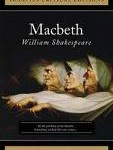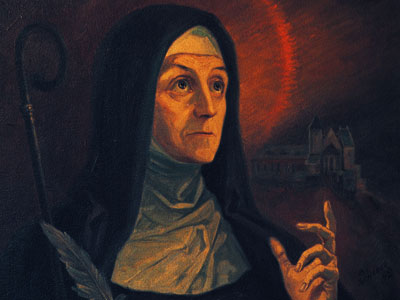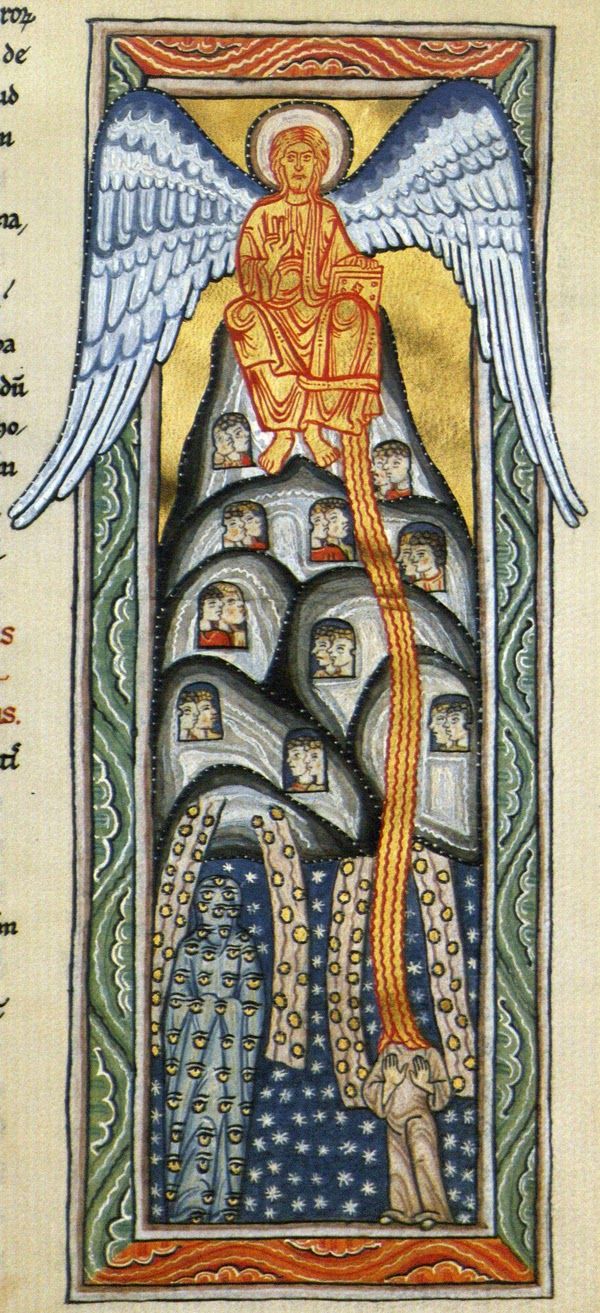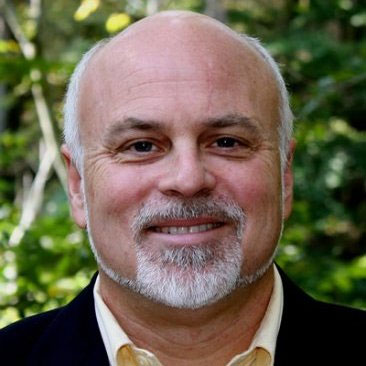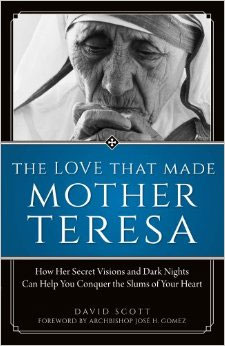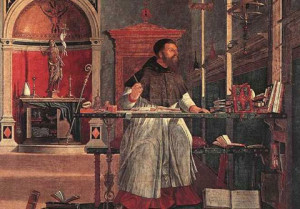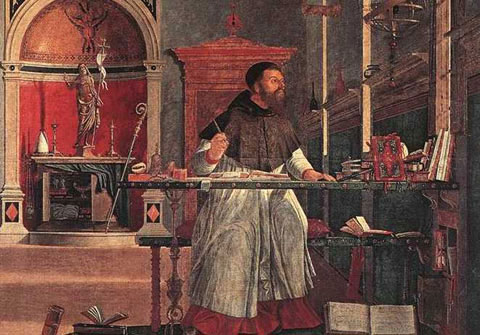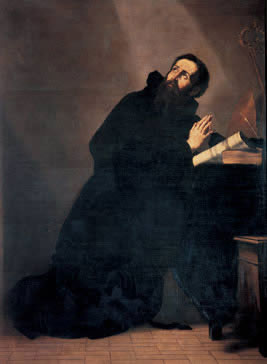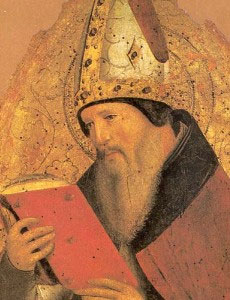Podcast: Play in new window | Download (Duration: 4:11 — 9.6MB) | Embed
Subscribe: Apple Podcasts | Spotify | Amazon Music | Android | Pandora | iHeartRadio | JioSaavn | Podchaser | Gaana | Podcast Index | Email | TuneIn | Deezer | Anghami | RSS | More
composed by St. Alphonsus of Liguori
Visit the Discerning Hearts “Holy Souls” page for the complete novena and text of the prayers
Jesus, my Saviour, I have so often deserved to be cast into hell. how great would be my suffering if I were now cast away and obliged to think that I myself had caused my damnation. I thank Thee for the patience with which Thou hast endured me. My God, I love Thee above all things and I am heartily sorry for having offended Thee because Thou art infinite goodness. I will rather die than offend Thee again. Grant me the grace of perseverance. Have pity on me and at the same time on those blessed souls suffering in Purgatory. Mary, Mother of God, come to their assistance with thy powerful intercession.
Say the following prayers: 1 Our Father… 1 Hail Mary…
The Prayer to Our Suffering Savior for the Holy Souls in Purgatory
O most sweet Jesus, through the bloody sweat which Thou didst suffer in the Garden of Gethsemane, have mercy on these Blessed Souls. Have mercy on them. R. Have mercy on them, O Lord.
O most sweet Jesus, through the pains which Thou didst suffer during Thy most cruel scourging, have mercy on them. R. Have mercy on them, O Lord.
O most sweet Jesus, through the pains which Thou didst suffer in Thy most painful crowning with thorns, have mercy on them. R. Have mercy on them, O Lord.
O most sweet Jesus, through the pains which Thou didst suffer in carrying Thy cross to Calvary, have mercy on them. R. Have mercy on them, O Lord.
O most sweet Jesus, through the pains which Thou didst suffer during Thy most cruel Crucifixion, have mercy on them. R. Have mercy on them, O Lord.
O most sweet Jesus, through the pains which Thou didst suffer in Thy most bitter agony on the Cross, have mercy on them. R. Have mercy on them, O Lord.
O most sweet Jesus, through the immense pain which Thou didst suffer in breathing forth Thy Blessed Soul, have mercy on them. R. Have mercy on them, O Lord.
(State your intention(s) here while recommending yourself to the souls in Purgatory.)
Blessed Souls, I have prayed for thee; I entreat thee, who are so dear to God, and who are secure of never losing Him, to pray for me a miserable sinner, who is in danger of being damned, and of losing God forever. Amen.

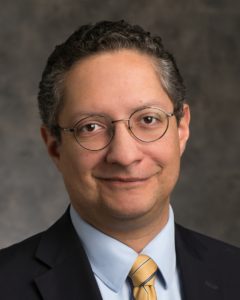
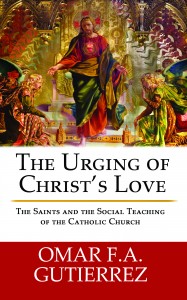
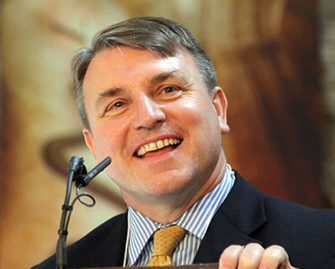
 Probably the darkest of all Shakespeare’s plays, Macbeth is also one of the most challenging. Is it a work of nihilistic despair, “a tale told by an idiot, full of sound and fury, signifying nothing”, or is it a cautionary tale warning of the dangers of Machiavellianism and relativism? Does it lead to hell and hopelessness, or does it point to a light beyond the darkness?
Probably the darkest of all Shakespeare’s plays, Macbeth is also one of the most challenging. Is it a work of nihilistic despair, “a tale told by an idiot, full of sound and fury, signifying nothing”, or is it a cautionary tale warning of the dangers of Machiavellianism and relativism? Does it lead to hell and hopelessness, or does it point to a light beyond the darkness?